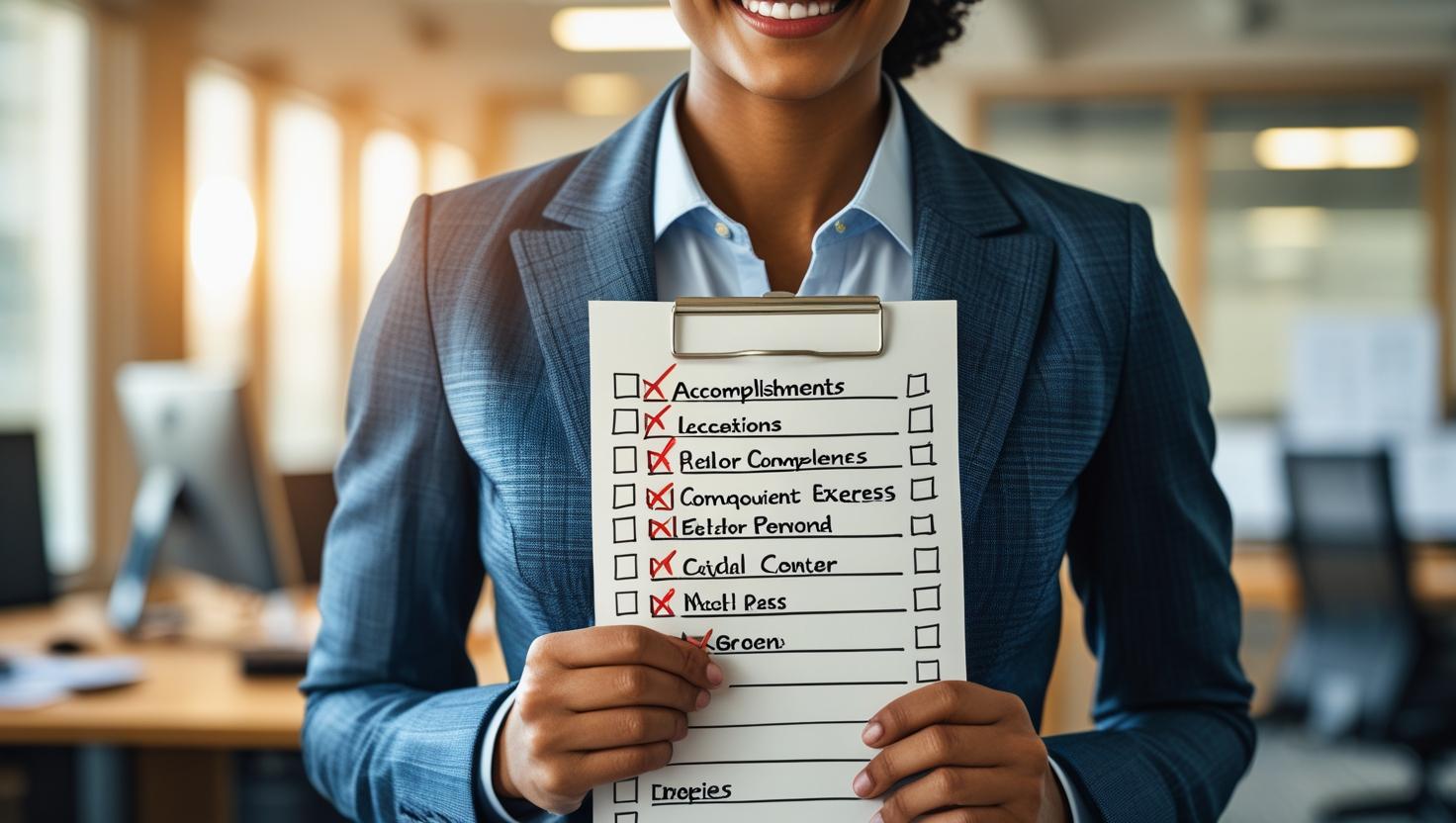
Be Confident – Be You: Three Tips to Improve Self-Confidence
Self-confidence plays a vital role in how we experience the world. It affects the way we communicate, pursue goals, build relationships, and overcome challenges. Yet, for many people, confidence doesn’t come naturally. It’s not something you either have or don’t—it’s something that can be built, nurtured, and strengthened over time.
If you’ve ever doubted your worth, second-guessed your decisions, or felt like you didn’t measure up, know this: you are not alone. Many of us have internalized messages from past experiences, whether from childhood, toxic relationships, or societal pressures that have chipped away at our confidence. In some cases, those experiences may include trauma or abuse. If that resonates with you, it’s important to recognize that healing is not only possible, but well within reach. Working with a therapist or mental health professional can offer valuable support and guidance on that journey. Rebuilding confidence after trauma takes time, but the effort you put in can change your life.
You can believe in yourself again. You can learn to love who you are. And it starts with small steps. Here are three practical, powerful ways to begin improving your self-confidence today:
1) Build Positive Relationships
.jpg) The
people
around
you
have
a
significant
impact
on
how
you
feel
about
yourself.
If
you’re
surrounded
by
constant
criticism,
negativity,
or
comparison,
it’s
easy
to
internalize
those
messages.
That’s
why
it’s
essential
to
intentionally
cultivate
relationships
that
uplift
and
support
you.
The
people
around
you
have
a
significant
impact
on
how
you
feel
about
yourself.
If
you’re
surrounded
by
constant
criticism,
negativity,
or
comparison,
it’s
easy
to
internalize
those
messages.
That’s
why
it’s
essential
to
intentionally
cultivate
relationships
that
uplift
and
support
you.
Seek out people who genuinely celebrate your successes, encourage your growth, and help you feel seen and heard. These are the people who remind you of your strengths, not your shortcomings. It’s not about having a large circle—it’s about having the right people in your circle.
And don’t forget to examine the relationship you have with yourself. Practice self-talk that’s kind, realistic, and compassionate. Be your own cheerleader when others aren’t around. Over time, you’ll find that confidence becomes easier to maintain when your environment supports your growth.
Takeaway: Spend time with people who leave you feeling energized, not drained. You deserve to walk away from social interactions feeling more confident—not less.
2) Improve Your Routine
 Confidence
is
not
just
a
mindset—it’s
also
a
habit.
The
way
you
spend
your
time
can
either
reinforce
your
self-worth
or
quietly
diminish
it.
Creating
a
daily
or
weekly
routine
that
includes
activities
you
enjoy,
feel
good
at,
or
find
meaningful
can
dramatically
shift
the
way
you
view
yourself.
Confidence
is
not
just
a
mindset—it’s
also
a
habit.
The
way
you
spend
your
time
can
either
reinforce
your
self-worth
or
quietly
diminish
it.
Creating
a
daily
or
weekly
routine
that
includes
activities
you
enjoy,
feel
good
at,
or
find
meaningful
can
dramatically
shift
the
way
you
view
yourself.
What lights you up? What helps you feel capable, attractive, or energized? Maybe it’s cooking nutritious meals, breaking a sweat in the gym, writing, painting, spending time in nature, or laughing with friends. Whatever it is—prioritize it. These seemingly small actions signal to your brain (and your heart) that you are worth caring for.
Structure and intentional habits can also give you a sense of control and momentum, especially when life feels uncertain. Confidence grows when we consistently show up for ourselves—even in little ways.
Takeaway: Make space in your life for the things that make you feel alive, capable, and connected. Your confidence thrives when your routine reflects your values.
3) Prove It to Yourself
 One
of
the
most
empowering
ways
to
build
confidence
is
by
challenging
yourself.
And
no—it
doesn’t
have
to
be
something
huge
like
giving
a
TED
talk
or
running
a
marathon
(unless
that’s
your
thing!).
Even
small,
bite-sized
goals
outside
your
comfort
zone
can
help
shift
the
narrative
in
your
mind
from
“I
can’t”
to
“Maybe
I
can”
to
“Wow—I
actually
did
that.”
One
of
the
most
empowering
ways
to
build
confidence
is
by
challenging
yourself.
And
no—it
doesn’t
have
to
be
something
huge
like
giving
a
TED
talk
or
running
a
marathon
(unless
that’s
your
thing!).
Even
small,
bite-sized
goals
outside
your
comfort
zone
can
help
shift
the
narrative
in
your
mind
from
“I
can’t”
to
“Maybe
I
can”
to
“Wow—I
actually
did
that.”
Try setting a personal goal that stretches you just a little. It could be speaking up in a meeting, applying for a job you’re not 100% sure you’re qualified for, or simply starting a conversation with someone new. With each goal you accomplish, no matter how small, you’re building evidence that you’re strong, capable, and resilient.
Over time, this creates a powerful internal track record. You begin to trust yourself. And when you trust yourself, confidence follows.
Takeaway: Challenge yourself with realistic goals that gently push your limits. Every small win is a reminder that you’re more capable than you think.
Final Thoughts
 Confidence
isn’t
about
being
perfect,
loud,
or
always
in
control.
It’s
about
trusting
who
you
are,
embracing
your
imperfections,
and
knowing
that
you
are
enough—just
as
you
are.
Confidence
isn’t
about
being
perfect,
loud,
or
always
in
control.
It’s
about
trusting
who
you
are,
embracing
your
imperfections,
and
knowing
that
you
are
enough—just
as
you
are.
Whether you’re just beginning your journey toward greater self-confidence or continuing to grow in it, remember: the process takes time, and that’s okay. Keep showing up for yourself, step by step. Be kind to yourself. Surround yourself with love. And keep proving—again and again—that you are worthy, valuable, and full of potential.
Be confident. Be you.
- Julie "Brain Lady" Anderson

